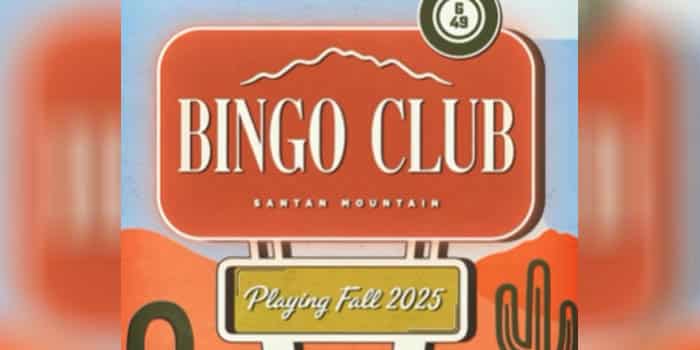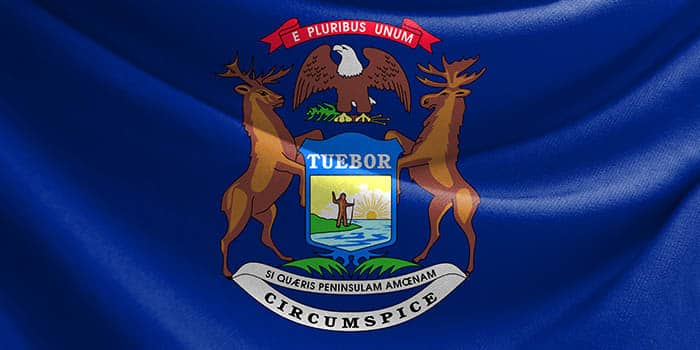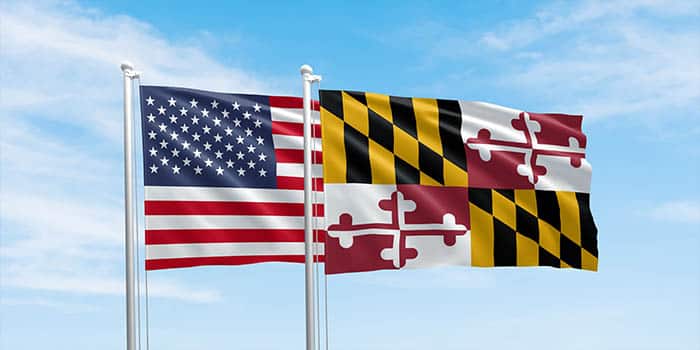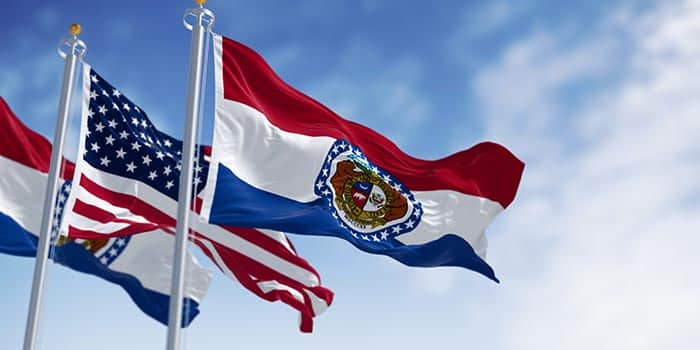- Casino
- By State
- Alabama
- Alaska
- Arizona
- Arkansas
- California
- Colorado
- Connecticut
- Delaware
- Georgia
- Florida
- Hawaii
- Idaho
- Illinois
- Indiana
- Iowa
- Kansas
- Kentucky
- Louisiana
- Maine
- Massachusetts
- Maryland
- Michigan
- Minnesota
- Mississippi
- Missouri
- Montana
- Nebraska
- Nevada
- New Hampshire
- New Jersey
- New Mexico
- New York
- North Carolina
- North Dakota
- Ohio
- Oklahoma
- Oregon
- Pennsylvania
- Rhode Island
- South Carolina
- South Dakota
- Tennessee
- Texas
- Utah
- Vermont
- Virginia
- Washington
- West Virginia
- Wisconsin
- Wyoming
- By State
- Slots
- Poker
- Sports
- Esports
Florida’s DeSantis-Seminole Compact to Face Legal Scrutiny

Florida’s sports gambling compact that will offer an unprecedented expansion of the state’s gambling industry may come under legal challenges from opponents.
Bringing Online Sports Gambling in Florida
The recently negotiated compact between the Seminole Tribe of Florida and Gov. Ron DeSantis offers a path to sports betting legalization for the Sunshine State. Pending approval in May, the compact promises to allow Florida’s private and tribal stakeholders to bring in an even bigger windfall for the state coffers and business interests.
While pari-mutuel operators and lawmakers congratulated the governor on his historical success in bringing tribal operators into the fold, critics have mounted legal action, arguing that the current language of the compact is illegal and it should not allow sports gambling in the state.
The compact could be an enormous win for the governor because it effectively allows Floridians to place bets from anywhere in the state while permitting the Seminoles to control the servers so long as they are placed on reservation land.
In the meantime, stakeholders such as the Daytona Beach Racing & Card Club will be seen as ancillary services that help the tribes with marketing and other services, the language of the compact explains, although details will still be hashed out.
From a purely financial standpoint, the compact makes a lot of sense. Florida stands to generate $2.5 billion in the next five years if the special session scheduled for the week on May 17 is successful.
Few Potholes on Road to Florida’s Sports Gambling Progress
Pushback against gambling in the state is not new. The state’s antigambling bodies have been pouring legal and financial resources into keeping legalization paralyzed with hopefuls trying to work out a deal, whereas deniers have kept the pressure on.
NoCasinos.org, for example, is one of the NGOs that could look to challenge the compact deal if it’s ever signed off on by US Secretary of the Interior Deb Haaland, whose approval is required for the state to continue.
The underlying issue is there. While politicians have been happy to allow online sports gambling to take place beyond the tribes’ reservations, not everyone is convinced that it is legal. In fact, Florida is the only state that has attempted to legalize sports gambling in the present configuration.
Effectively, DeSantis may be building sports gambling on a shaky foundation that is not likely to last if opponents find the legal grounds to challenge it, and they do seem to have it.
For one, the federal Indian Gaming Regulatory Act of 1988 is very specific in what constitutes viable gambling activities held on the territory of reservations, and it prohibits tribes from participating in gambling operations outside of their land.
A ruling was established in 2014 Michigan v. Bay Mills Indian Community in which Supreme Court Justice Elena Kagan revisited IRGA and elaborated on its implications for gambling. No Casinos president John Sowinski commented that the proposed gambling expansion was so massive that it simply required a proper framework to back it.
“We are talking about the most massive expansion of gambling in Florida’s history,” Sowinski said.
A Deal Sold as Monumental Success
Gov. DeSantis spared the deal no praise during a press conference last week. The implications for the state are huge, argues the governor, who is confident that the “historic compact” would boost economic activity and lead to a better financial windfall for the Sunshine State.
“Our agreement establishes the framework to generate billions in the new revenue and untold waves of positive economic impact,” DeSantis said last week. The governor expects the state to see around $6 billion in revenue from the gambling expansion by 2030.
The renewed compact came amid a crisis in the state-tribal relationship as the last compact expired in 2019 and was hotly debated with both sides trying to get more out of the deal. DeSantis first tried to raise payments and contributions from the tribes, which refused and said that without a new compact negotiated, they would rather discontinue payments than being bullied by the state.
DeSantis, though, through skilled diplomacy, managed to bring tribes into the fold and elicited strong support from fellow lawmakers. The true test of the compact deal, though, would not be Haaland’s pending approval. In the end, the tribe has agreed to pay around $600 million a year, under the new compact, more than the $350 negotiated under the 2010-2019 compact.
Legal challenges will arise, and they would need to be overcome for the agreement to have a future. After all, a historic compact may very soon be history if the legal grounds aren’t there to back it up.
Related Topics:
Stoyan holds over 9 years of esports and gambling writing experience under his belt and is specifically knowledgeable about developments within the online scene. He is a great asset to the Gambling News team with his niche expertise and continual focus on providing our readers with articles that have a unique spin which differentiates us from the rest.
Must Read















